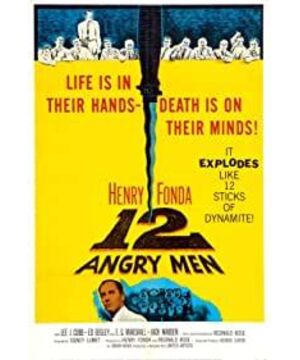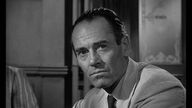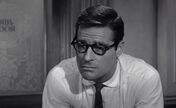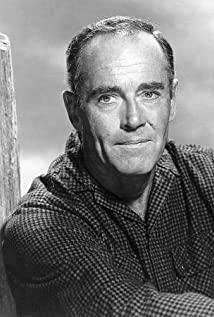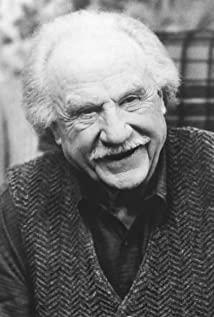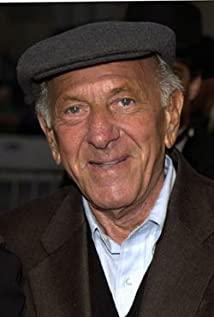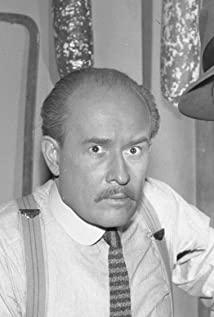It has to be said that the jury system is a great system.
No. 8 is the protagonist of the movie, and everything started because of him. In the beginning, he didn't follow the trend and insisted on his own position, thinking that the boy might be innocent, he was not sure what the truth was, and felt that the fate of others could not be decided in five minutes, and he needed to discuss the case. He was the most honest of himself, neither found guilty nor innocent, and he had doubts about the case. He is brave, just and compassionate.
Number 9, a lean, white-haired old man, was the first to support Number 8 and wanted to hear more evidence that the child was guilty. And he felt that No. 8 was under a lot of pressure by himself. They were very friendly, and they shook hands at the end.
The truth emerges little by little through the deciphering of the details. Psychologically speaking, witness memories are also selective. As long as it is human, there must be subjectivity, it is just a matter of degree. You can't remember everything you ever experienced, just a part of it. So, when the 8th started to test the time and demonstrate the direction of the knife, especially the grip of this type of knife, I was persuaded and I began to doubt the truth. (I was preconceived at first, thinking it was the boy who killed his father.) The testimony of the old man downstairs was not credible at all.
The watchmaker No. 11 is very rational and has always insisted on the truth. He said that he did not pledge allegiance to any party, but just wanted to know the truth, so he raised his own questions.
Originally the room was very hot, but a heavy rain made the situation better, including the situation faced by the 8th. A 6:6 situation was reached. One of them, who was full of class bias, was isolated on the 10th. The composition of the twelve people in the room here is really amazing. It's too hard to get rid of personal biases, which can overshadow the truth. Allowing for reasonable doubt is a very important part of the judicial system. As long as there is a certain possibility, stereotypes should not be used as a reason to infer conclusions.
The stock analyst No. 4 is also a very outstanding one. He has always been a calm thinking person. People who study finance must have clear logic. Like me, he likes points. I remembered that my interview questions were the total score. The first point is blah blah, the second point blah blah... Even the sentence pattern is the same. It has completely become a habit, and it can also be regarded as a habit of thinking about problems. He presented that the testimony of the woman opposite him was impeccable, and indeed the witness offered to see the whole process of the killing. Even if a series of inferences such as the old man's words confirmed earlier are not credible, it has nothing to do with the woman's testimony. Very convincing. He pulled me back to reality again, and it looked like the boy might indeed have killed someone.
Interestingly, No. 9 proposes that women wear glasses. Only one of the twelve thought about it, so neither did the prosecutor. Financial Man No. 4 was also persuaded when key issues were raised. The situation reached 11:1.
The last person just kept taking a stand, and even kept talking about the things that had been overturned before, and was very stubborn. Always emphasize the result, but can't say any reason, there is no logic. In the end, crying and changing the vote was innocent. In fact, from the very beginning, he thought of his son, bringing in the identity of his father.
Twelve people have distinct personalities. Of course, there are also the selfish No. 7 fan sales, the kind and lovely little No. 2, "I'm sorry, the throat lozenges have run out", the self-abasement slum-raised No. 5... Only one room, one table, twelve It's amazing how a person can make such a good-looking movie. There are many deeper meanings behind it that need to be explored. In fact, the boy's innocence is secondary, and the meaning that he really wants to convey is the main thing. Through debates and even quarrels, the truth and answers can be drawn. It's really good, and I miss group discussions a bit. The key is how the logic between the reason and the conclusion is self-consistent. But people always make mistakes, and only in the constant collision of ideas can they be constantly improved, corrected or verified.
View more about 12 Angry Men reviews


